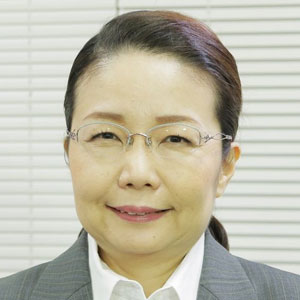
Professor Mariko Harada-Shiba
Disclosure details
None declared.Professor, Cardiovascular Center, Osaka Medical and Pharmaceutical University, Japan

 (Founding Partner)
(Founding Partner)
Novartis has provided with arm’s length sponsorship towards the set-up of the Lp(a) Forum. The content was developed independently by the Forum.
